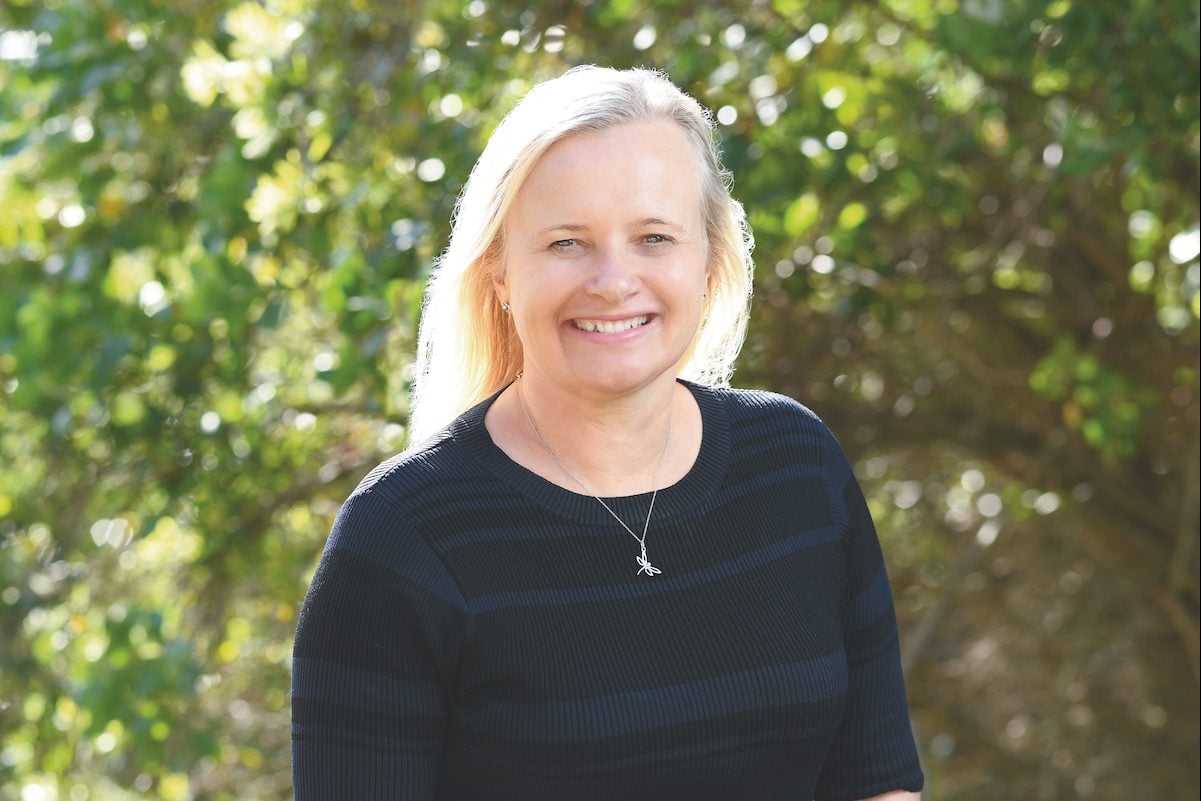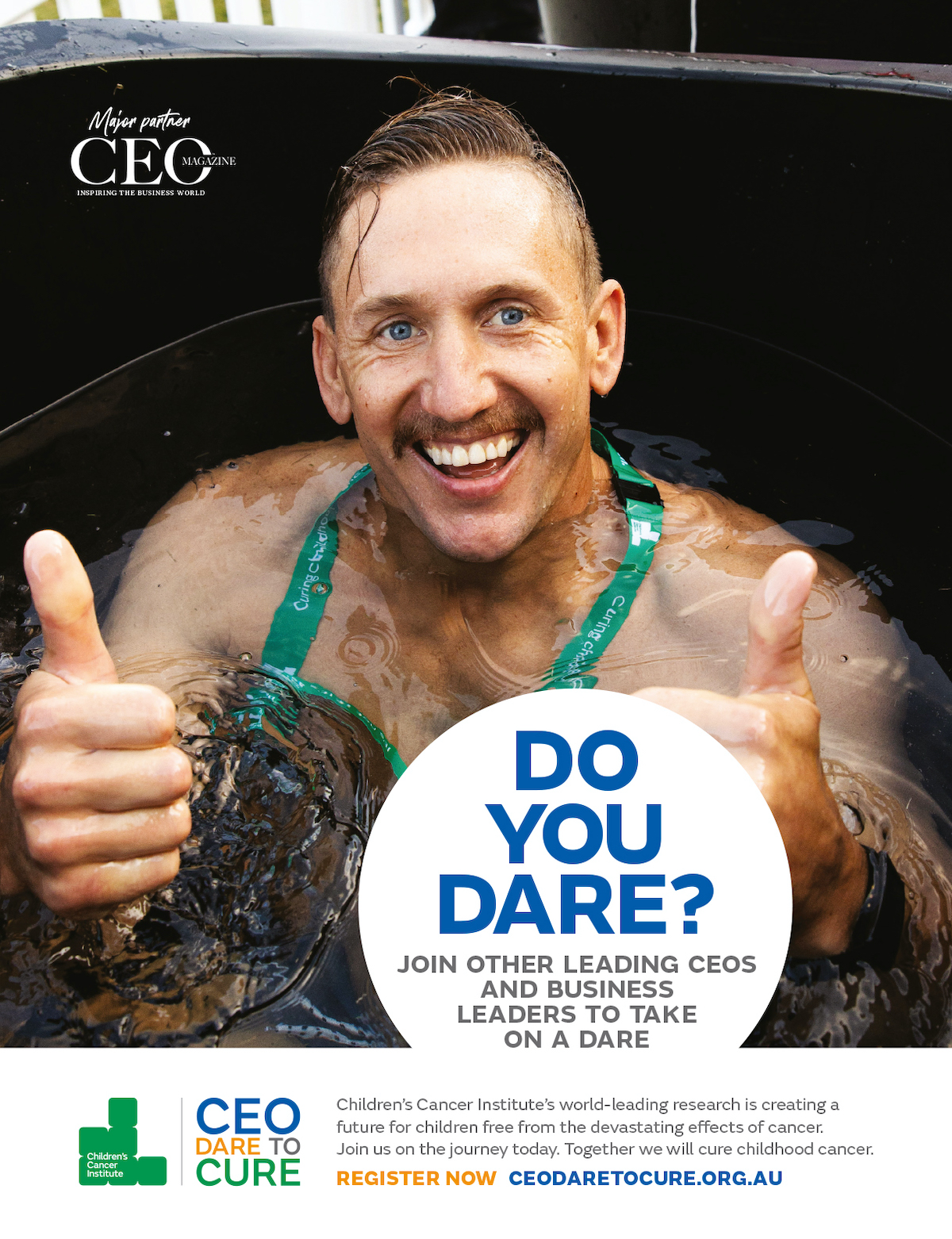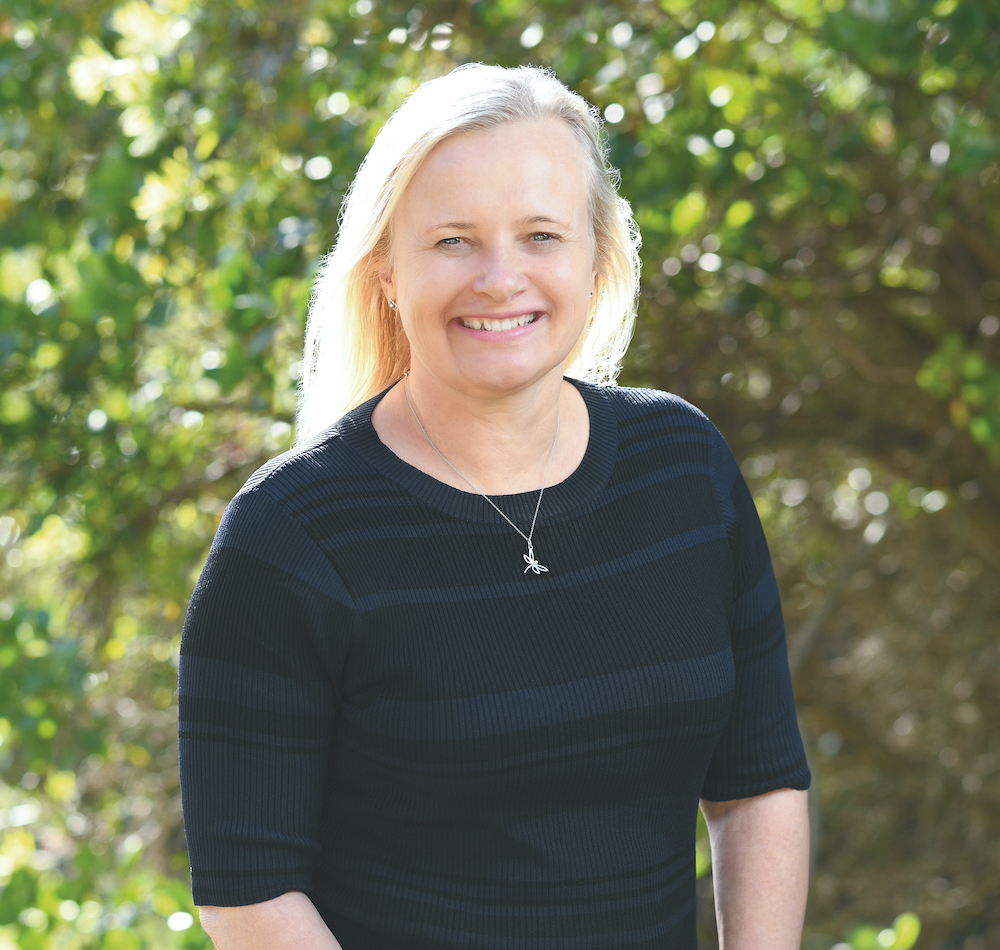One of the biggest challenges for people living with a spinal injury is convincing the rest of society that the injury they suffered was entirely physical. It may seem like an obvious statement, but too often the sight of someone in a wheelchair leads to all sorts of false assumptions about their personality, outlook and abilities.

For Dianne Lucas, CEO of Spinal Cord Injuries Australia (SCIA), it’s fundamental to the important work being done in the sector to educate individuals and companies on attitudes to people living with disability. “The biggest misconception we face is that what has happened to a particular individual is more than just an injury, that something else about them has changed,” she explains. “In the vast majority of cases, people can still do what they did before in every way, apart from aspects of getting around. People’s capabilities haven’t changed – they’re still the same person, able to do real work and participate in society the same way the rest of us can.”
SCIA was founded more than 50 years ago to support Australians living with disability by helping them get the services they need to live the life they want to lead. That could mean physiotherapy, counselling, transport, advice on housing or employment services, and advocating for better care and understanding.
“Three-quarters of our board and a quarter of the staff are living with spinal injuries, which means they can directly empathise with the issues at hand and what it’s like to live with these conditions,” Dianne shares. “It means we’re more connected to our members’ needs and the ways in which we can help them.”
For those without disability, it’s easy to underestimate the challenges involved in seemingly straightforward activities. “Even getting a cup of coffee, going out for dinner or visiting a cinema can be more difficult than you’d think,” she says. “And that’s before you consider major issues such as housing, where options can be severely limited.”
Being told you have a spinal cord injury is devastating, so SCIA has a dedicated Peer & Family Support Team to offer advice and practical help during the recovery period when there is so much to take in and come to terms with. Specialised exercise therapy is often required early on to improve mobility and independence. NeuroMoves training programs are designed to improve quality of life by maximising the potential for movement through bespoke gym sessions.
In the longer-term, employment options have to be considered. “We’re in the process of growing our specialised recruitment agency,” Dianne reveals. “Many of the people we help struggle to get a job and the process of applying can be daunting. We engage with companies from a variety of sectors about creating inclusive working environments. We have some amazing employers who were very keen to help but didn’t always know how to do it.”
“I get up every day and know that what I’m doing is making a difference and changing the way people think about those with a disability.”
Dianne, who joined three years ago, is a former Deputy CEO and Acting CEO at St Vincent de Paul Society NSW, where she led a number of disability services. She has also run programs to help the homeless, family violence survivors and those with drug and alcohol dependencies. Before that she had leadership roles in local and state government.
“For me, it’s always been important to work in a job that’s having a positive impact on the community,” she says. “I get up every day and know that what I’m doing is making a difference and changing the way people think about those with a disability.
“I love creating opportunities that weren’t there before, and removing obstacles. I’m the one who makes sure that people know there’s someone on their side. It’s important to realise it could happen to any one of us.”
Support Network
SCIA works closely with the National Disability Insurance Scheme to ensure its members have access to funds and resources. “It’s a unique scheme and has the potential to really change lives,” Dianne explains. “The beauty of it is that it’s goal-based, looking at what individuals would like to achieve and then having a support network to help them get there. It’s not just supplying basic needs, it’s exploring how you can be an active community member and have the same choices that others get.”
Proudly Supported by:




